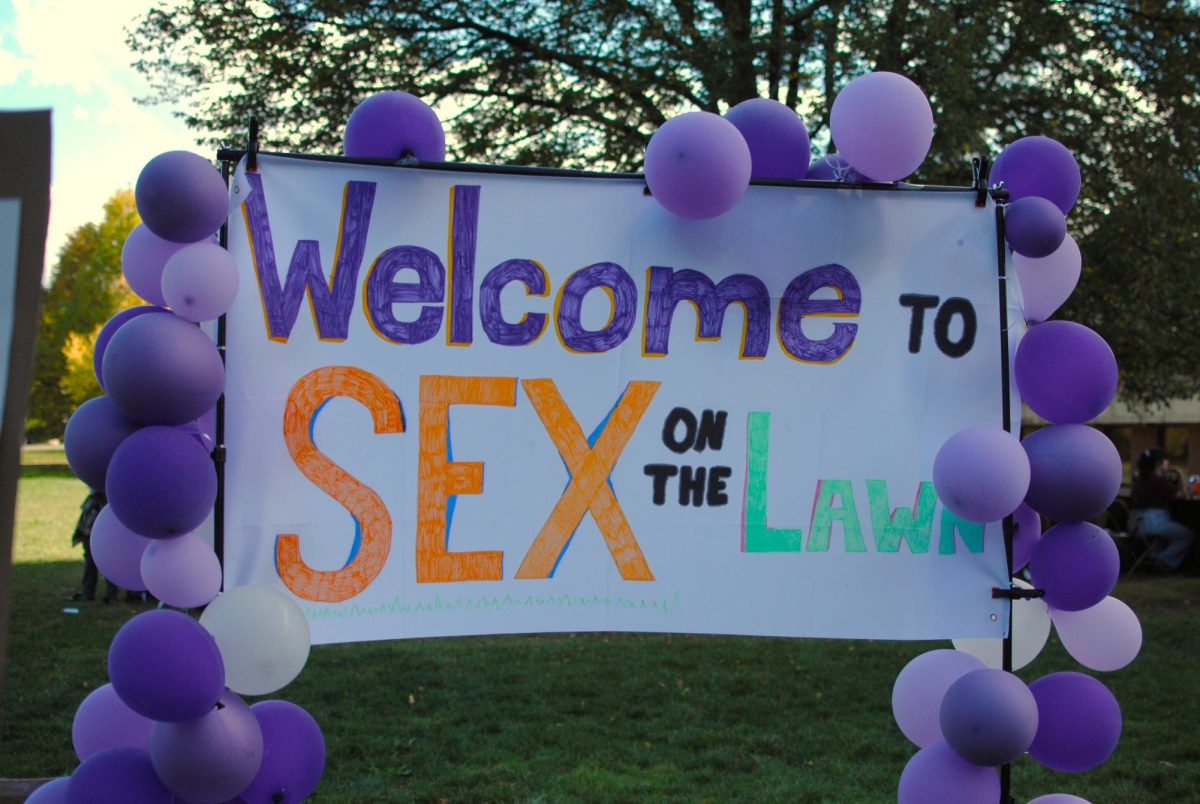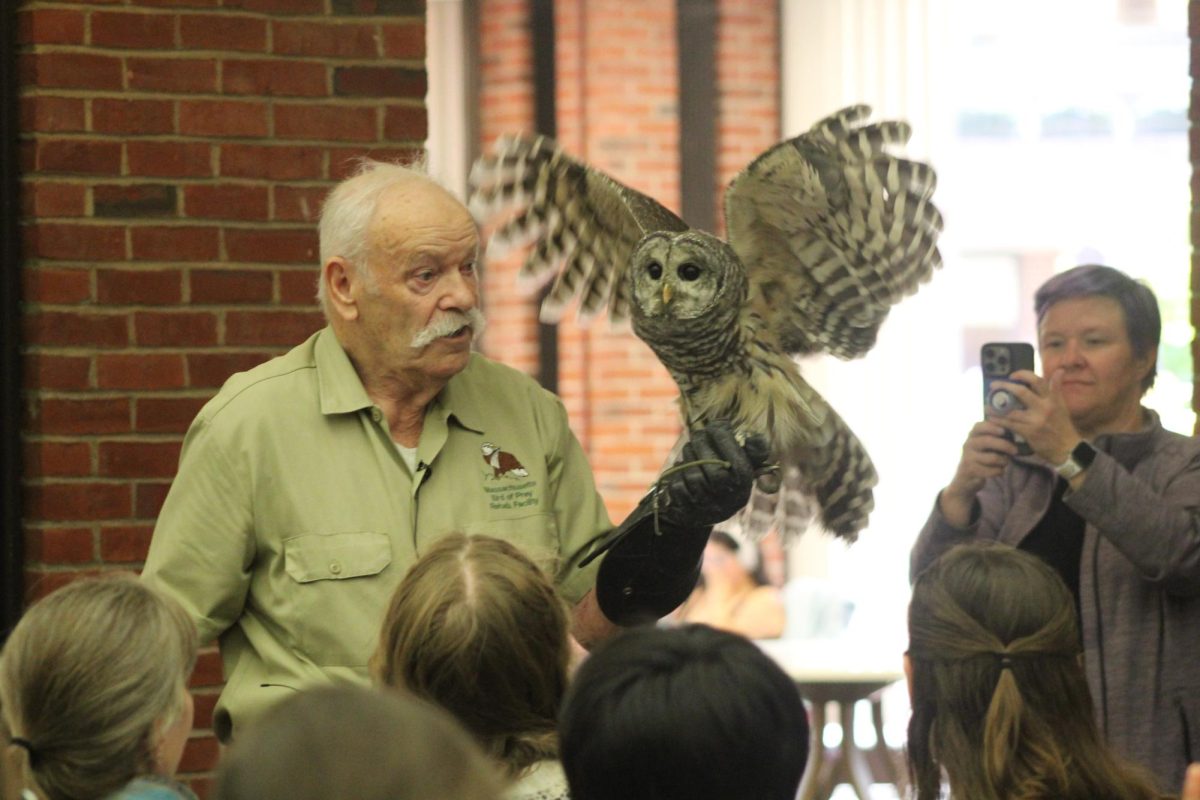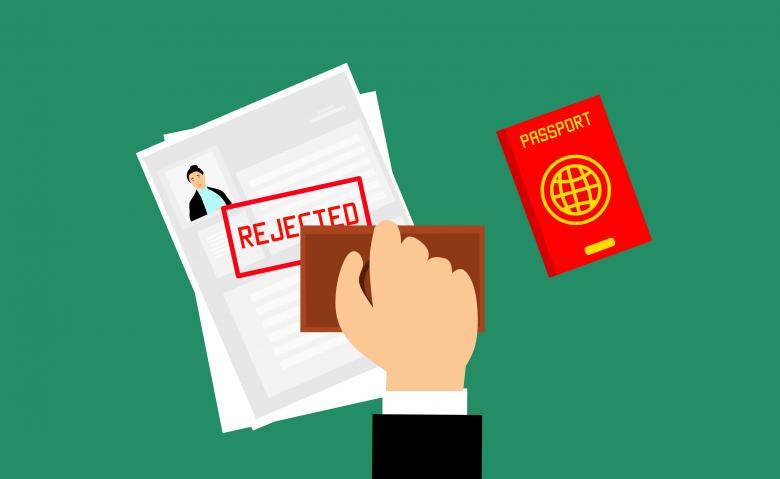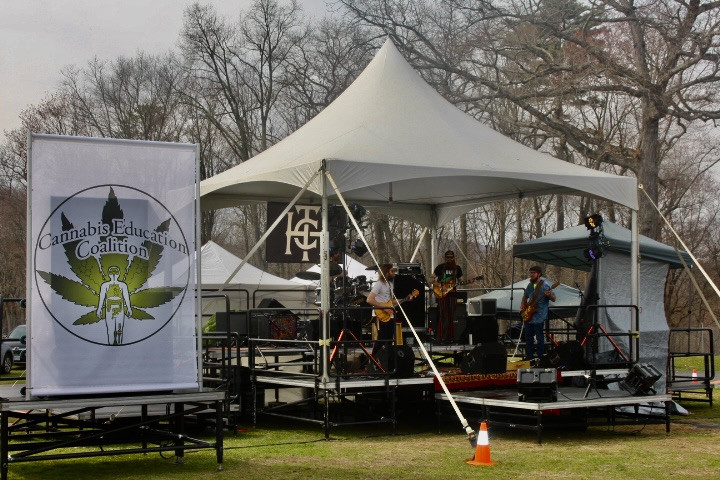On Sept. 26, student volunteers, coordinators, and local/national health and safety organizations set up shop at the South Lawn for Sex on the Lawn, a sex-ed event that ran from 12 to 4 pm. The event was put on by UMass Students for Reproductive Justice.
“We are a student-run club who works to bring education about how you can access reproductive healthcare on campus,” UMass Students for Reproductive Justice member Sydney Gediman said. “We are running Sex on the Lawn… and we have various different organizations all around different topics but under the broader sphere of sex education.”
University Health Services, Period @ UMass, and The Stonewall Center were among some of the UMass organizations present at Sex on the Lawn. Safe Passage and Tapestry Health were also present.
“We’re relevant to Sex on the Lawn because they wanted to spotlight people who aren’t usually super involved in sexual health education, and, obviously you know, LGBTQ people are a minority, in that respect,” Lance Cheng, student staff member at The Stonewall Center said.
Sex on the Lawn was started in 2006 by VOX: Students for Choice, according to the Massachusetts Daily Collegian archives. The first event had a very similar layout to the present one, but the former’s inclusion of a “Captain Condom” mascot demonstrates some differences with the latter. The event occurred annually for three years, until it lost its steam in 2009.
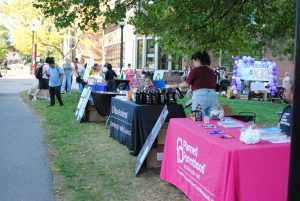
One Sex on the Lawn coordinator shared that the decision to bring back the event this year stemmed from the goal to make sure more marginalized voices would be represented and heard. Historically, sexual education in the United States has not represented the struggles that many oppressed groups face.
There were several teach-ins throughout the day at Sex on the Lawn that focused on said representation. “Teach-ins are meant to get more in depth about specific topics, specifically like underrepresented topics in sex education,” event coordinator Julia Rebello said. “We have one coming up later [in the day], it’s gonna be about trans sex ed, it’s gonna be a little crash course done by one of our own members.”
One such teach-in was run by Wylder Ayres, a full-spectrum doula, who provides doula services for clients in all stages of pregnancy. They ran the “Wylder Ayres: Green River Doula Network” teach-in from 2:30-3 pm, where they talked about what they do as a full-spectrum doula, as well as the difficulties that minorities face in the health-care system. As a UMass alum, Ayres got involved with Sex on the Lawn because “it is really important to [them] that all students have access to gender-affirming, queer-affirming, reproductive justice-centered information.”
UMass Freshman Ashton Graham attended Sex on the Lawn to hear about the teach-ins and sex-ed resources for marginalized people. “As someone coming from both a marginalized sexuality and gender, I like hearing from other people who are also gender queer, and how their relationship to sex impacts their lives,” Graham said.

